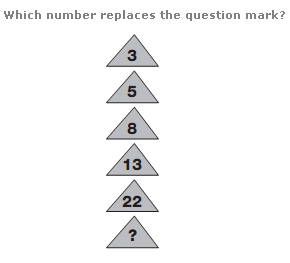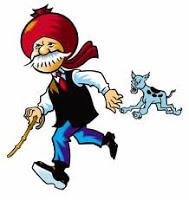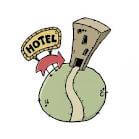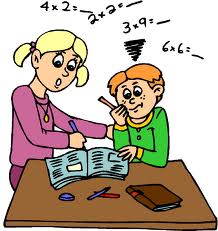#2181 - Visual Number Series Puzzle
What number represented by question mark

39
Working from top to bottom, double each number and subtract 1, then 2, then 3 etc.
What number represented by question mark

39
Working from top to bottom, double each number and subtract 1, then 2, then 3 etc.
chacha chaudhary(name of a person) is convicted in Germany. He gets the death penalty. The judge allows him to say a last sentence in order to determine the way the penalty will be carried out. If he lies, he will be hanged, if he speaks the truth he will be beheaded. The perspn speaks a last sentence and to everybody surprise some minutes later he is set free because the judge cannot determine his penalty.What did chacha chaudhary said?

chacha chaudhary said: 'I shall be hanged!' If he was lying, he would be hanged. But that's what the chacha was saying. So he speaks the truth. But if he speaks the truth, he would be beheaded, so then he was not speaking the truth. So it is impossible for the judge to determine wether the person speaks the truth or not. So therefore the judge cannot determine the penalty and sets him free.
13 people came into a hotel with 12 rooms and each guest wanted his own room. The bellboy solved this problem.
He asked the thirteenth guest to wait a little with the first guest in room number 1. So in the first room there were two people. The bellboy took the third guest to room number 2, the fourth to number 3, ..., and the twelfth guest to room number 11. Then he returned to room number 1 and took the thirteenth guest to room number 12, still vacant.
How can everybody have his own room?

Of course, it is impossible. Into the second room should have gone the 2nd guest, because the 13th guest was waiting in room number 1
There is hypothetical state between india and pakistan border 'paglapur'.
Here 70 percent of the population have defective eyesight, 75 percent are hard of hearing, 80 percent have sinus trouble and 85 percent suffer from allergies, what percentage (at a minimum) suffer from all four ailments?

10%
100 - [ (100-85)+(100-80)+(100-75) +(100-70)]
=100-(15+20+25+30)
=100-90
This odd little problem in domestic arithmetic was sprung by the cook upon Mrs. Smith when she wanted to know what the grocer charged for such small eggs.
'I paid twelve cents for the lot,' replied Bridget, 'but I made him throw in two extra ones, because they were so little, and you see that made them cost one cent a dozen less than his first asking price!'
Tell now how many eggs she received for her twelve cents?

The grocer offered her sixteen eggs for twelve cents, which would be at the rate of nine cents a dozen.
She made him throw in two eggs extra, so that she got eighteen eggs for the twelve cents, which is at the rate of eight cents a dozen, or one cent a dozen less than the first price asked.